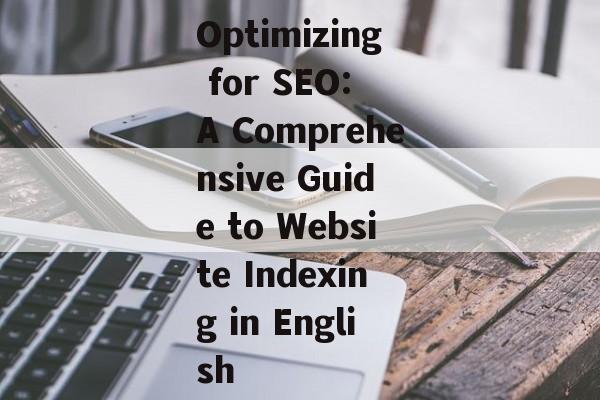Optimizing for SEO: A Comprehensive Guide to Website Indexing in English
Content:
In the vast digital landscape, where millions of websites compete for attention, Search Engine Optimization (SEO) plays a pivotal role in ensuring that your website not only ranks well but also gets indexed effectively by search engines. Website indexing is the process by which search engines crawl and add your website's content to their search database, making it accessible to users. This article delves into the intricacies of SEO website indexing, offering valuable insights and strategies to help you optimize your website for better search engine visibility.
Understanding Website Indexing
Before we delve into the strategies for SEO website indexing, it's essential to understand what it entails. Website indexing is the process where search engines like Google, Bing, and Yahoo analyze your website's content, structure, and other relevant factors to determine its relevance and rank it accordingly in search results. When your website is indexed, it increases the chances of appearing in search queries related to your content.

Why is SEO Website Indexing Important?
Effective indexing is crucial for several reasons:
1、Visibility: An indexed website is more likely to appear in search results, increasing organic traffic.
2、User Experience: Proper indexing ensures that users can find and access the content they are looking for easily.
3、Content Authority: Indexed websites are perceived as more authoritative and trustworthy by search engines and users alike.
Strategies for SEO Website Indexing
1、Optimize Site Structure and Navigation
Sitemap: Create an XML sitemap and submit it to search engines. This helps search engines understand the structure of your website and the relationship between pages.
Internal Links: Use internal links wisely to help search engines crawl through your site. Ensure that links are relevant and use descriptive anchor text.
User-Friendly Navigation: Make sure your website has a clear and intuitive navigation structure. This helps both users and search engines navigate through your site.
2、Improve On-Page SEO
Keyword Optimization: Use relevant keywords throughout your website's content, including titles, meta descriptions, headers, and body text.
High-Quality Content: Publish high-quality, informative, and engaging content that adds value to your audience.
Meta Tags: Optimize meta titles and descriptions to include relevant keywords and entice users to click.
3、Ensure Fast Page Load Speed
Optimize Images: Compress images without losing quality to reduce page load time.
Minimize HTTP Requests: Reduce the number of elements on a page, such as scripts, stylesheets, and images.
Caching: Implement caching to store static files, reducing load time for returning visitors.
4、Create a Mobile-Friendly Website
Responsive Design: Ensure your website is responsive, meaning it adapts to different screen sizes and devices.
Accelerated Mobile Pages (AMP): Consider implementing AMP to improve the mobile user experience.
5、Secure Your Website
HTTPS: Use HTTPS encryption to secure your website and protect user data.
SSL Certificate: Obtain an SSL certificate to establish trust with your visitors.
6、Monitor Your Website’s Health
Google Search Console: Use Google Search Console to track your website’s performance, identify errors, and submit your sitemap.
Regular Audits: Conduct regular SEO audits to ensure your website remains optimized for indexing.
Overcoming Indexing Challenges
Despite your best efforts, you may encounter challenges in website indexing. Here are some common issues and their solutions:
1、Duplicate Content: Duplicate content can lead to indexing issues. Use canonical tags to indicate the preferred version of a page.
2、Low-Quality Backlinks: Avoid acquiring backlinks from low-quality or spammy websites. Focus on building backlinks from authoritative and relevant sources.
3、Robots.txt File: Ensure that your robots.txt file is not blocking important pages from being indexed.
Conclusion
SEO website indexing is a complex process that requires a comprehensive approach. By following the strategies outlined in this article, you can improve your website's chances of being indexed effectively by search engines. Remember, the goal is not just to get indexed but to ensure that your website is easily accessible, user-friendly, and ranks well in search results. Keep monitoring your website's performance and stay updated with the latest SEO trends to maintain a competitive edge in the digital landscape.
相关文章
